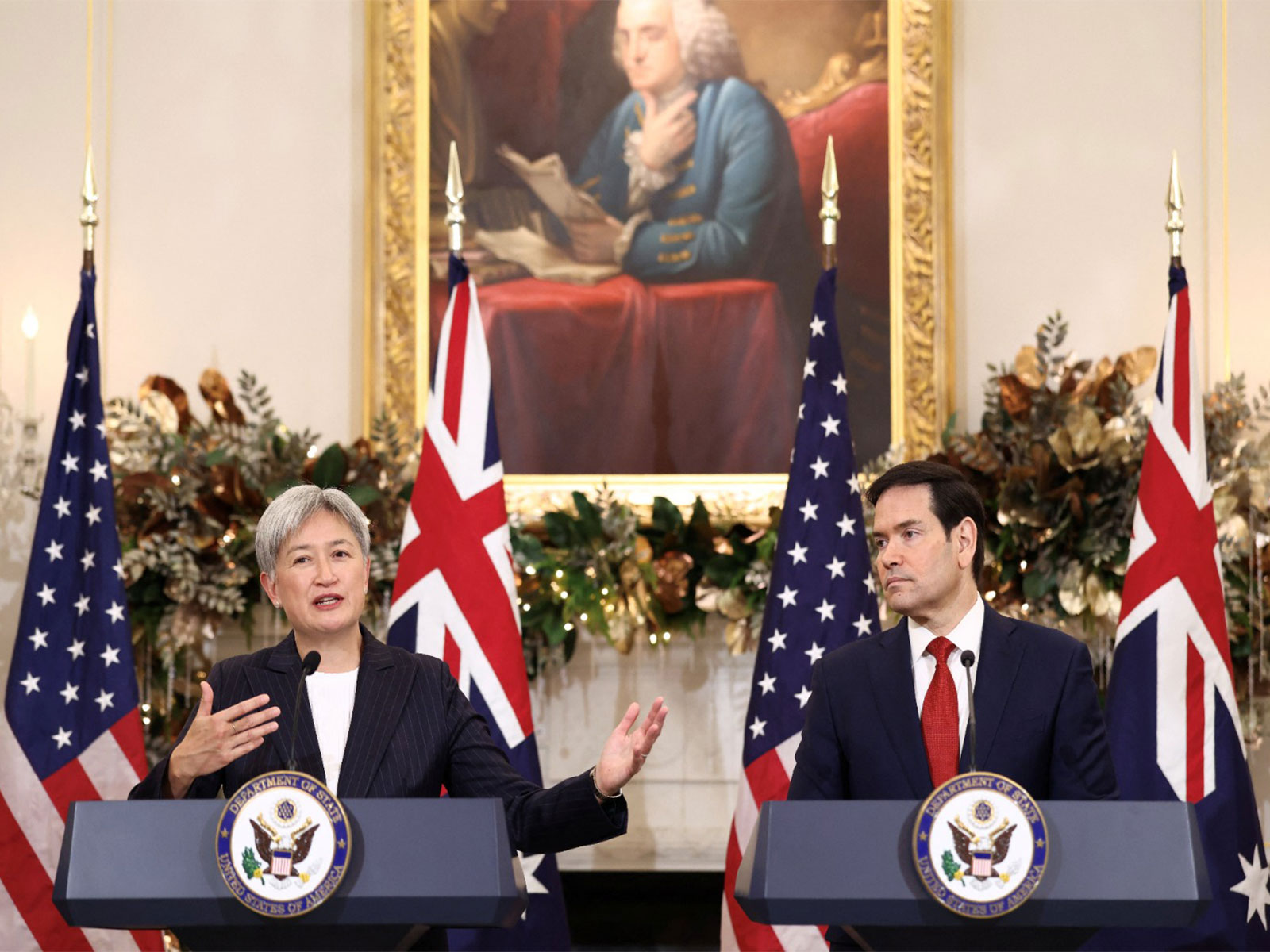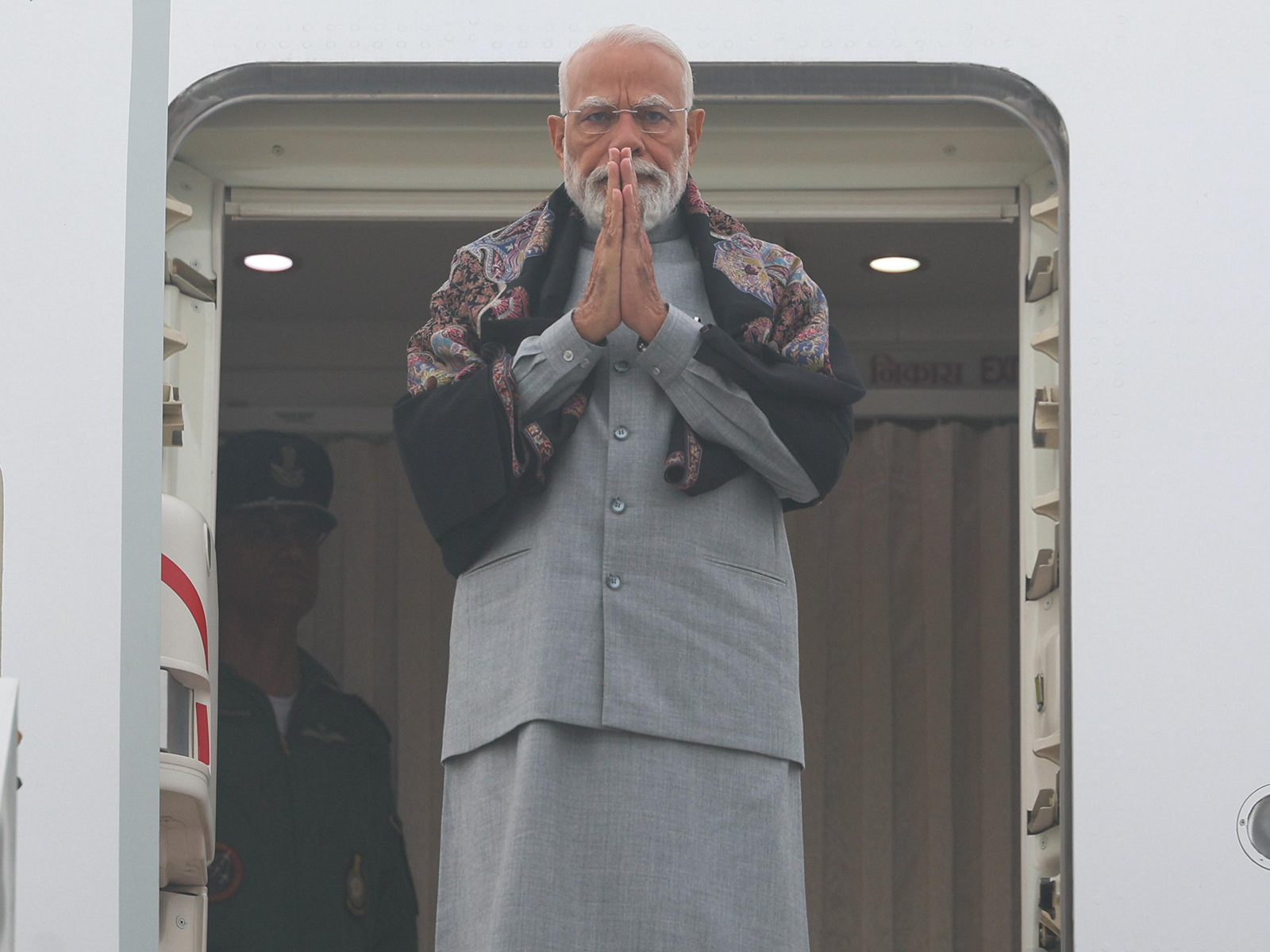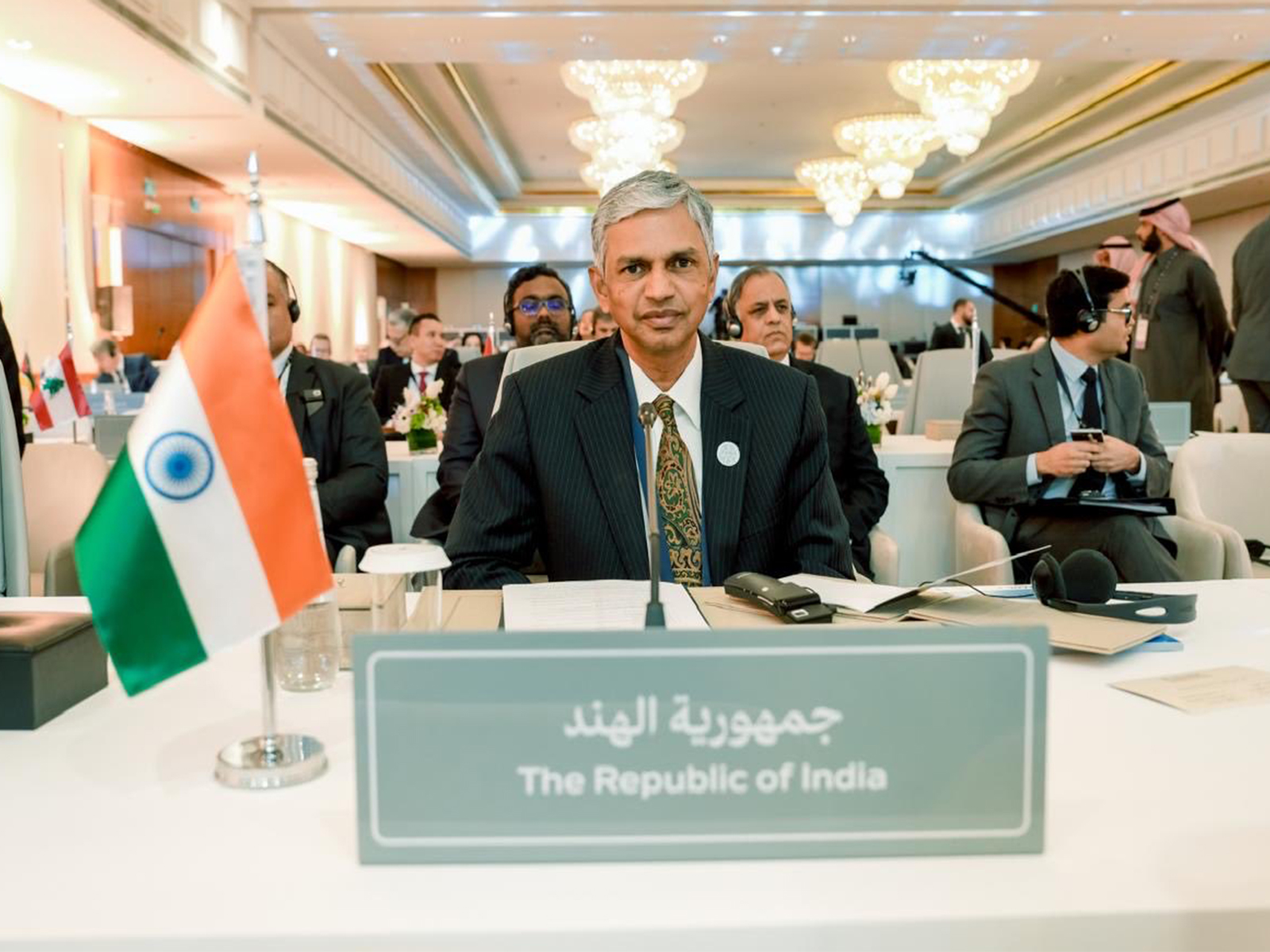Pakistan: 13th case of polio virus detected in Khyber Pakhtunkhwa in 2022
Jul 23, 2022

Islamabad [Pakistan], July 23 : An 18-month-old was paralyzed by wild poliovirus in Pakistan's northwestern Khyber Pakhtunkhwa province (KP), the National Institute of Health confirmed.
With another case detected, the total number of cases in the country has risen to 13 this year, with all of them from southern KP, the spokesperson of the health ministry said on Friday.
He said that the virus has a significant presence in the area, Xinhua reported.
Cases of more polio infections are suspected to surge as viral circulation is expected to increase from the months of May to September.
According to Rana Safdar, Director General of Pakistan Ministry of National Health Service, six back-to-back polio cases were detected in south KP accompanied by sewerage problems, depicting an intense ongoing transmission in the zone, reported Dawn newspaper.
"The situation indicates gaps in our immunity-building efforts during the last campaign season. There are clear challenges in terms of community buy-in for our immunisation efforts, both in terms of routine vaccination and door-to-door campaigns," said Safdar.
Pakistan's failure to eliminate polio reflects the acute lack of commitment and obligation on the part of the government and society toward saving children from the menace of this devastating disease.
Despite receiving substantial foreign funding and carrying out several campaigns for countering polio over the years, there have been some serious lapses in the state's efforts to address this pernicious health problem, a media report said.
Moreover, despite numerous supplementary immunization campaigns, the failures in Pakistan's polio eradication campaigns are now obscuring the global scenario for a polio-free world.
The problem is rooted in financial and organizational deficits, as well as active conflict and insecurity, which has caused the persistent failure of effective immunization campaigns in the country.
Pakistan and Afghanistan have faced significant security challenges along the border, including targeted attacks on polio workers and security guards and an absolute ban on polio immunization in certain areas. Diffidence in the region is often listed as a significant hindrance to polio eradication, reported Global Start View.
Many polio workers and security personnel have lost their lives in the past years during polio vaccination campaigns, and such incidents have been one of the major reasons that polio is still endemic in Pakistan.
According to media reports, as many as 70 polio workers have been killed in terrorist attacks since 2012, mainly in the province of Khyber Pakhtunkhwa, reported Global Strat View.
Pakistan is one of two countries, together with neighbouring Afghanistan, where polio is still endemic, though case numbers have dropped drastically in recent years. However, Nigeria, the third country on the list, officially eradicated wild polio in 2020.
Interestingly, in many cases, the family members show reluctance towards vaccination. Most parents refuse to administer polio drops to their children due to misapprehension about the vaccine. They believe that it will harm or sterilize their children.
Such discernments are prevalent in certain areas of the tribal regions of Khyber Pakhtunkhwa. Parents mainly refuse to immunize their children due to a lack of awareness, doubts regarding vaccine quality, misunderstandings related to vaccination, and low confidence in vaccinators, reported Global Strat View.
Pakistan detected its first polio case on April 22 after over a year.




















